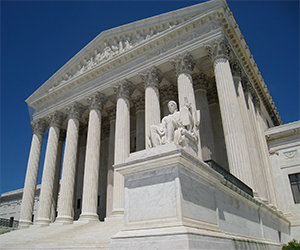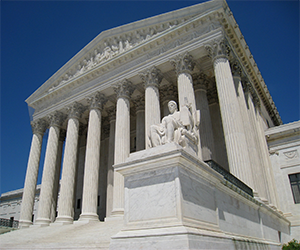
What does legalized sports betting mean to the pay-per-head agent?
 It’s a pretty exciting time for sports bettors. With the recent announcement that the United States Supreme Court would hear an hour-long appeal in the New Jersey sports betting case, and the fact that professional leagues are softening their stance on legalized sports gambling, it would seem like our industry is stepping out of the shadows.
It’s a pretty exciting time for sports bettors. With the recent announcement that the United States Supreme Court would hear an hour-long appeal in the New Jersey sports betting case, and the fact that professional leagues are softening their stance on legalized sports gambling, it would seem like our industry is stepping out of the shadows.That’s all good and well for sports bettors and state governments, which will surely rake in a huge amount of tax dollars on legalized sports gambling, but what about the local guy? What about the pay-per-head book?
First thing’s first, legalized sports betting is not going to happen overnight. Even if the U.S. Supreme Court does grant New Jersey its appeal and allows the state to offer sports betting, it is going to take some time to get a system in place and for that to spread beyond the Garden State.
Repealing PASPA (Professional and Amateur Sports Protection Act), which New Jersey is hoping this appeal will lead, is going to take more than one state. The dominos will start to fall if and when New Jersey wins this case, setting a precedent for any other state interested in dipping its toe in the sports betting waters.
Given that there are more than a handful of state’s foaming at the mouth when it comes to those new tax dollars, it shouldn’t be a problem but it will be a process. PASPA will die a long and slow death, with more court hearings to come. A generous estimation on wide-spread legal betting is two years, despite some stating Jersey will be taking bets by Super Bowl.
Second, because this will be legalized and taxed sports betting handles the government is going to sink their teeth in deep, which means percentages will automatically go toward the state. Depending on how much is skimmed off the top, sportsbook may have no choice but to boost their hold by increasing vig. So rather than offering a standard 10, 20 or 30 cent line, juice could get pushed to 40 and 50 cents.
You see this type of unfair line north of the border in Canada, which runs its sports betting through the provincial lotto systems. Not only does that format force bettors to parlay at least two games – already increasing the house edge – but the games are juiced to the max, making it very tough on the bettors using those taxed-to-death lotto systems.
Pay-per-head books will have a huge advantage over those legal setups, simply because they can offer a much better product. Sure, you’ll get a group of gamblers who prefer to use the legal option, but the bigger and smarter players looking to get the most from their money will stick with their local guy simply because the payouts are bigger and the odds are much friendlier.
Third, a big part of why local bookies and pay-per-head agents are successful is due to the credit system. You know your clientele, you know and set their limits, you collect on Tuesday – the world keeps spinning. Players who are used to playing on credit will not jump ship to legal sports wagering simply because it’s available.
Those legal operations, identical to the books in Nevada, will require the money up front and will not operate on credit. They will not show any leniency and won’t offer a client in the hole a reasonable payment plan should they go into the red. Offering action on credit will always be attractive to a customer base and will be the biggest reason why pay-per-head will withstand any legal form of sports wagering.
So, don’t sweat all this news coming out of New Jersey or where the future of the sports betting industry is headed. Pay-per-head has carved out a huge market slice in our industry, right there with the online sportsbooks, and isn’t going away any time soon. You can bet on it.


